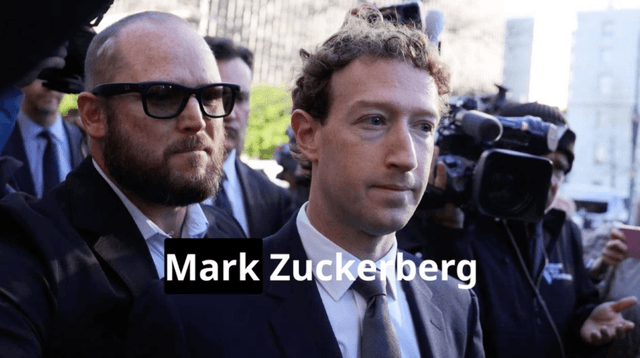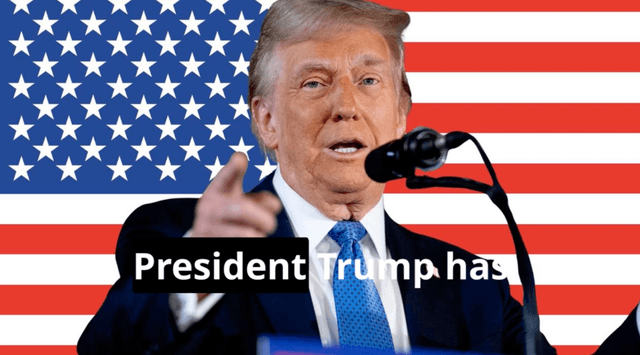It Is a Stock Picker's Market, Pepperstone's Weston Says
Pepperstone Group's Chris Weston says investors "are seeing a more sort of universal earnings breadth and that means a stock picker's market." He tells Bloomberg Television that people are also finding growth and opportunity outside of the Magnificent Seven group.




-640x360.jpg&w=1200&q=75)
-640x360.jpg&w=1200&q=75)











